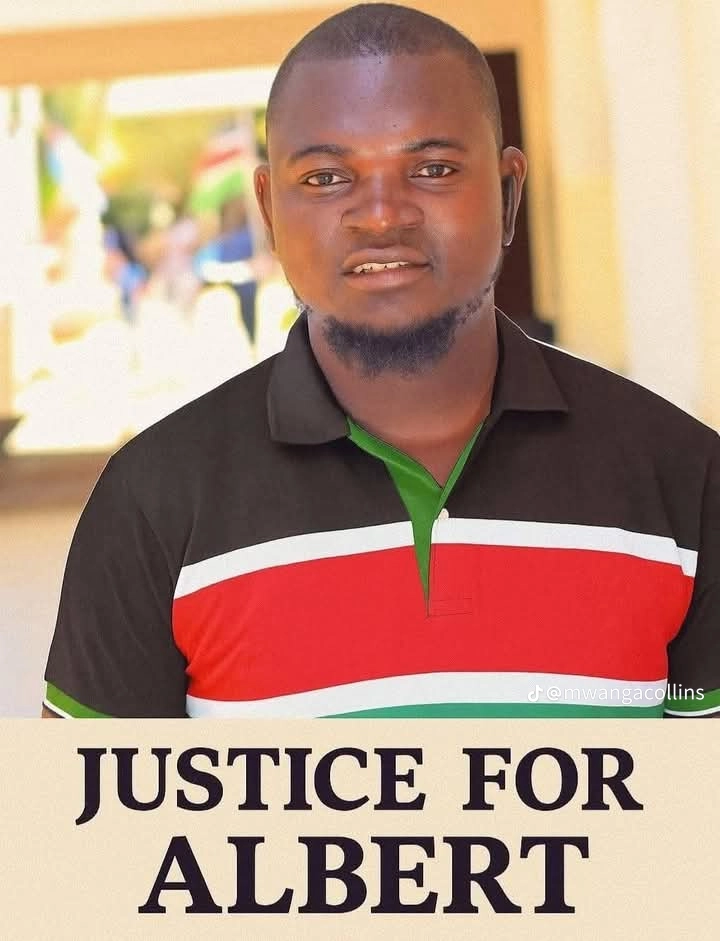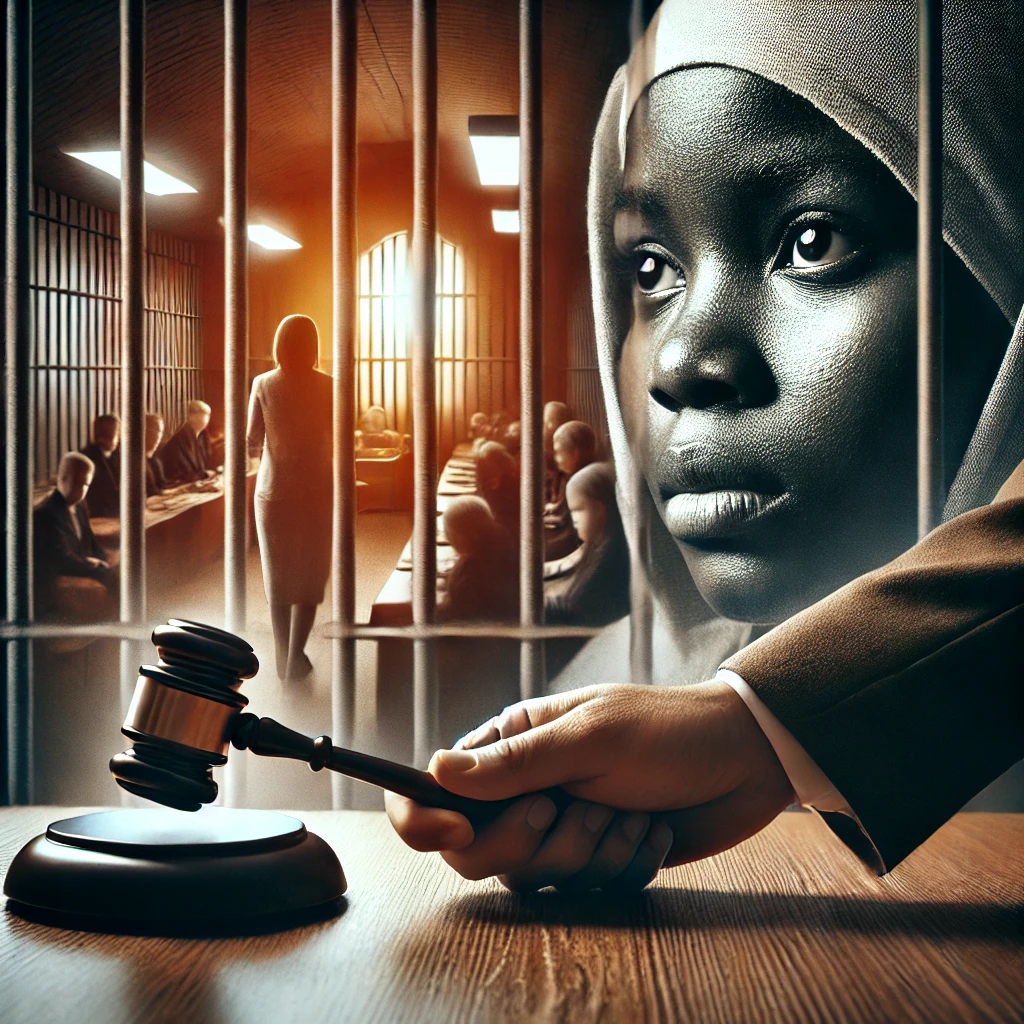The Albert Ojwang postmortem has exposed alarming evidence of brutality, contradicting police claims that his death was accidental. According to a detailed autopsy conducted by an independent team of pathologists, Albert suffered head trauma, neck compression from strangulation, and soft-tissue injuries, raising serious questions about the Kenyan justice system and police accountability.
Thank you for reading this post, don't forget to subscribe!Postmortem Findings Confirm Brutality
The postmortem results for Albert Ojwang, released to the public and media, painted a disturbing picture. Key findings included:
- Strangulation: Clear signs of neck compression indicate he was strangled.
- Multiple blunt-force injuries: The autopsy revealed bleeding and trauma on the front, sides, and back of his head.
- Defensive wounds: Marks on his hands, arms, and torso suggest he struggled against his attacker(s).
- Soft-tissue trauma: Widespread bruising not consistent with a fall.
Dr. Peter Gatere, a forensic pathologist involved in the examination, stated, “The injuries on Ojwang’s body were not self-inflicted. This was clearly an assault.”
These findings contradict the police’s initial statement that Albert simply hit his head on a cell wall.
Family Speaks Out After Autopsy
Ojwang’s family, visibly shaken by the results, denounced the narrative advanced by authorities. His father, Mr. Lucas Ojwang, stated:
“They want to say he just hit his head on a wall? Then why does the postmortem show strangulation and beatings? My son was murdered. This was an execution.”
Albert, a young and outspoken blogger, had published multiple posts about corruption and police misconduct in his county—raising suspicions that his activism may have played a role in his death.
Rising Public Outrage Over Custodial Death
The Albert Ojwang postmortem has triggered protests in Nairobi and Homa Bay, where civil society groups are demanding justice. Demonstrators marching to Vigilance House were met with tear gas and police barricades. Human rights defenders, students, and journalists decried what they called an “unmistakable pattern of impunity.”
“We are tired of reading postmortems that tell stories of torture, while the perpetrators walk free,” said Angela Mwikali of Amnesty Kenya.
IPOA and DCI Investigations Underway
In response to the findings, the Independent Policing Oversight Authority (IPOA) and the Directorate of Criminal Investigations (DCI) have opened investigations. At least four police officers have been suspended.
However, activists argue that this is not enough. They want:
- The release of CCTV footage showing Albert’s movements during transfer.
- Prosecution of any officer involved.
- Structural reforms in police detention procedures.
Not an Isolated Incident
According to the Kenya National Commission on Human Rights (KNCHR), at least 145 people died in police custody in 2024—most cases unresolved. The Albert Ojwang postmortem is just the latest example of systemic issues.
“We are not dealing with rogue officers. We are dealing with a rogue system,” said lawyer Nelson Andati.
Media Coverage and Global Reactions
International outlets like BBC, Al Jazeera, and AP News have picked up the story. The Albert Ojwang postmortem findings have become a global flashpoint in conversations about policing in Africa.
Even diaspora groups in the U.S. and U.K. have begun organizing vigils and petition drives.
Watch the postmortem press conference on YouTube here:
👉 Ojwang Autopsy Video – KTN News
Internal Politics and Silence from the Top
President William Ruto has yet to make a statement. Opposition leaders, including Martha Karua and Babu Owino, have called for a parliamentary probe.
Some MPs fear that without bold action, the Ojwang case could become “another cover-up in Kenya’s long list of unsolved custodial murders.”
Internal Links (for SEO and structure)
- Read more on police brutality cases in Kenya
- What IPOA does and why it matters
- How the DCI investigates death in custody
Outbound Links
Conclusion: Will There Be Justice?
The Albert Ojwang postmortem has exposed more than just injuries—it has revealed a broken system. A system where speaking truth to power can cost you your life. As the family seeks justice and the nation demands accountability, the question remains: Will those responsible be held to account, or will this be another name added to Kenya’s growing list of forgotten victims?



